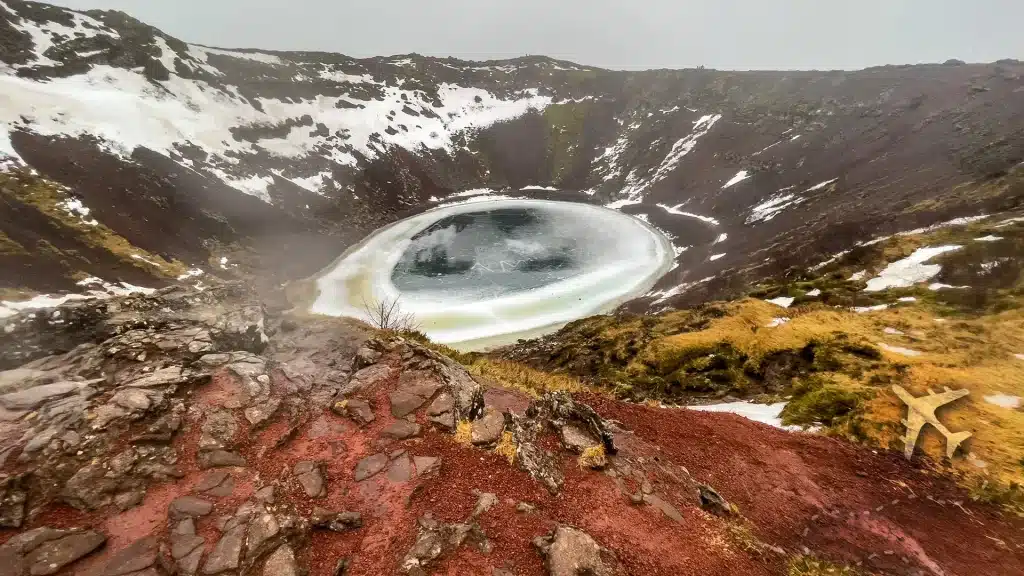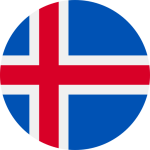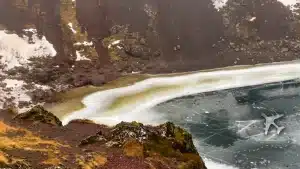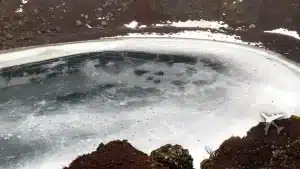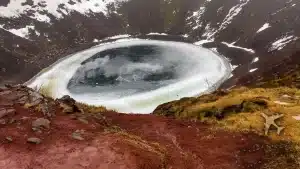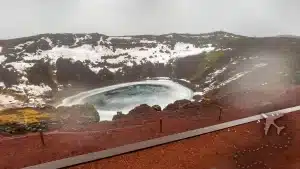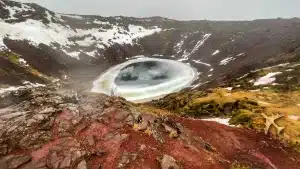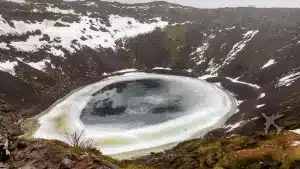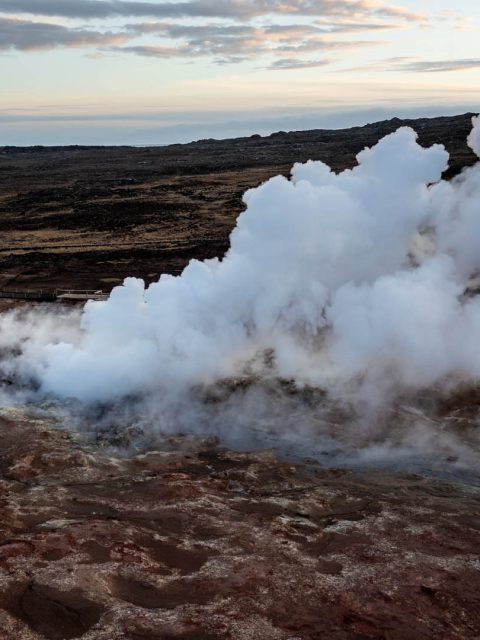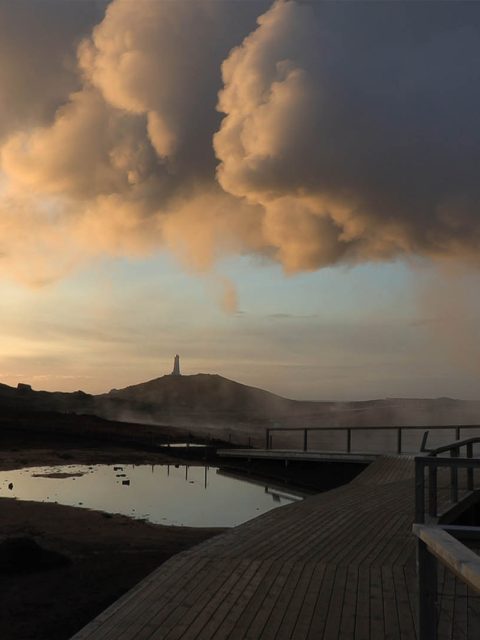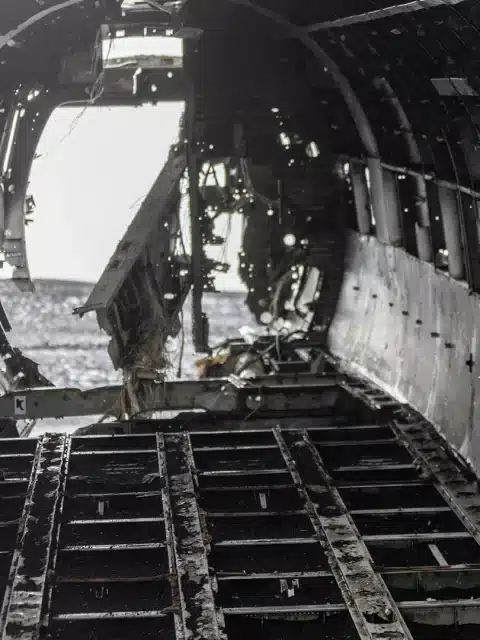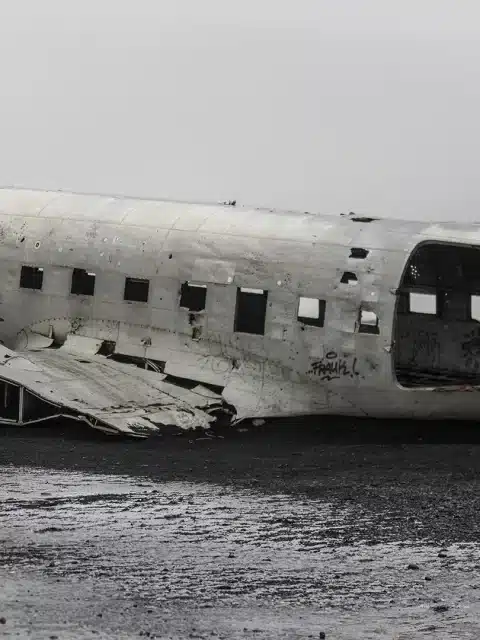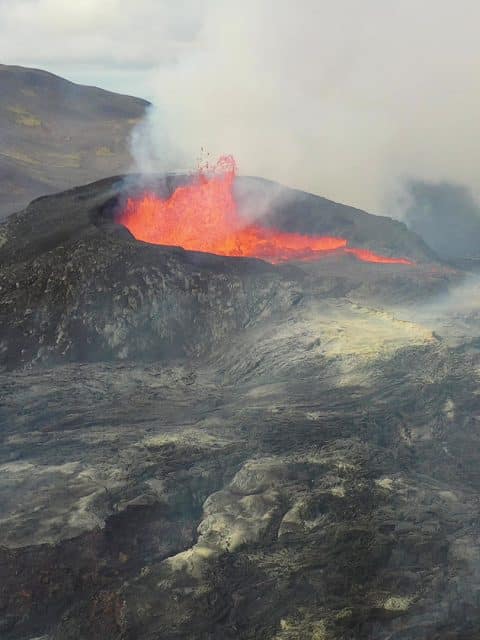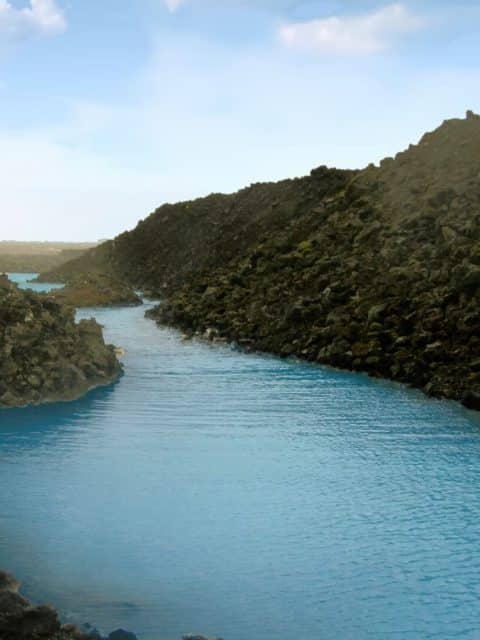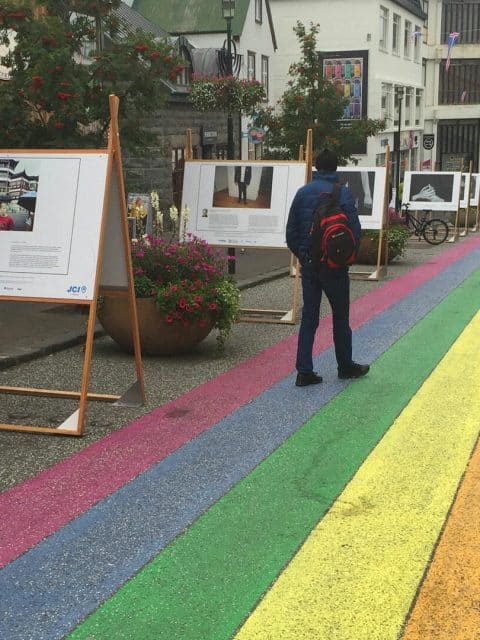Kerid Crater: A Stunning Volcanic Lake in Southern Iceland
Thousand of years ago, a volcano collapsed and filled with water.
Kerid crater is a volcanic crater lake located in southern Iceland, near Selfoss. It is one of the most iconic and picturesque natural landmarks in Iceland, attracting volcano tourism and adventure tourists worldwide. The crater is approximately 270 meters wide and 55 meters deep, filled with a stunning turquoise-colored lake. The contrast between the crater’s red volcanic rock walls and the water’s vibrant blue-green color makes Kerid a unique and striking sight.
The formation of the Kerid Crater is believed to date back about 3,000 years to a volcanic eruption that caused the collapse of the magma chamber below the surface. The resulting crater gradually filled with water, creating the lake we see today. The lake is relatively shallow, only about 7-14 m (30-50 ft) deep, and is fed by both groundwater and surface runoff.
Through the viewfinder
Kerid Crater Uncensored
Visitors can explore the crater by following a footpath around the rim and down to the water’s edge. Several viewpoints around the crater offer stunning panoramic views of the surrounding landscape.
The Kerid crater is a trendy destination for tourists and locals alike, especially in the warmer months. The crater in the summer months is surrounded by green vegetation, contrasting the blue-green waters.
I visited in winter, which yielded an almost-martian landscape of gray rocks, brown grasses, and red soil, which was a gorgeous stark contrast to the summer green grass and blue-green waters.
Overall, the Kerid crater is a must-see destination for anyone visiting Iceland, and it’s usually included on guided tours of the Golden Circle.
Iceland continues to be a top destination to explore and experience the awe-inspiring natural beauty.
Everything you need to know before you visit the Kerid Crater
CURRENT WEATHER
overcast clouds (4 C / 39 F)AIR QUALITY
Good (13)GPS COORDINATIONS
64.0412, -20.8851
HIGH SEASON (MOST EXPENSIVE)
June – August
LOW SEASON (LEAST EXPENSIVE)
September – May


